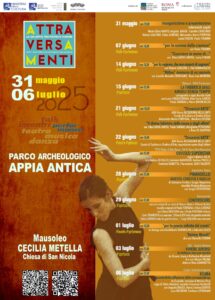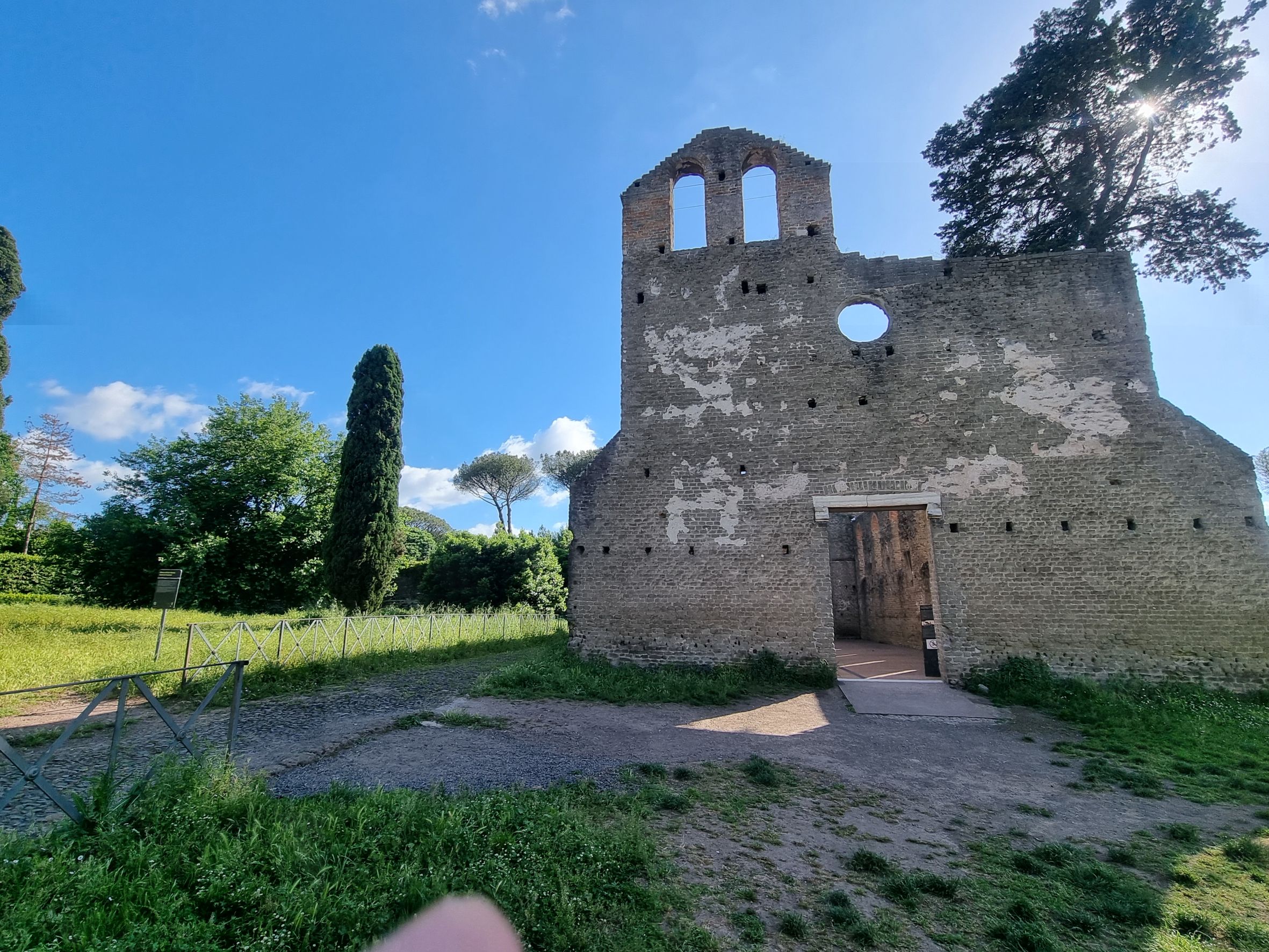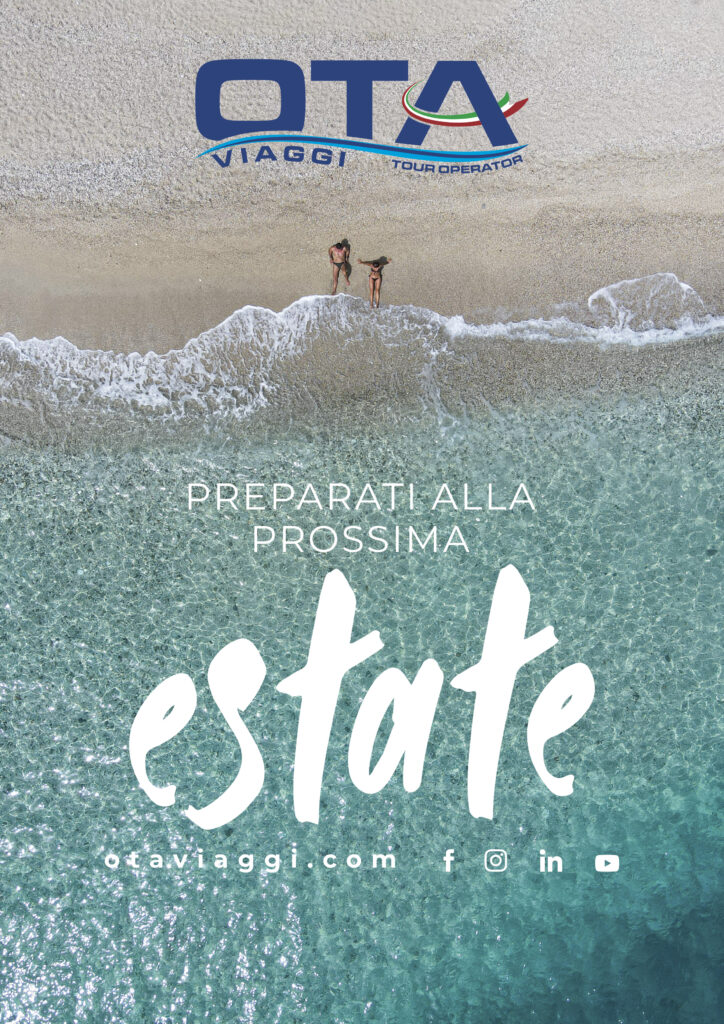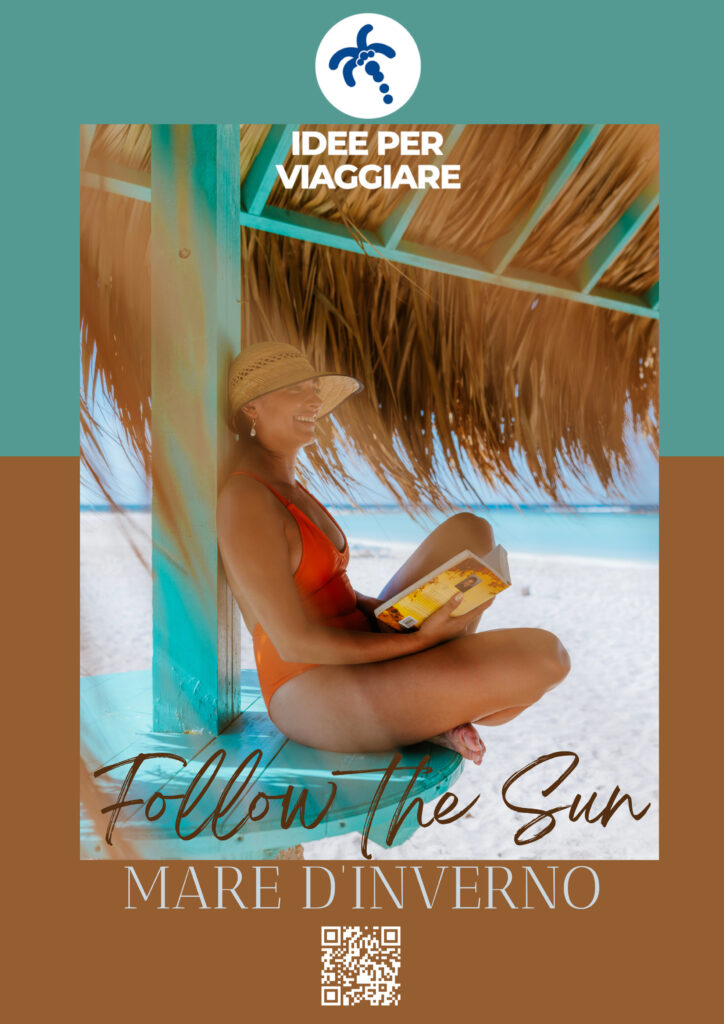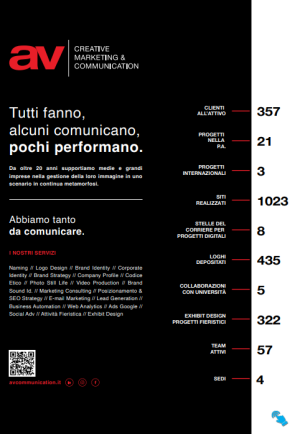On Saturday, June 14 and Sunday, June 15, 2025, the ruins of the deconsecrated Church of San Nicola, located within the vast Appian Way Archaeological Park, will once again be transformed into a striking and precious open-air stage thanks to the Roman cultural series “ATTRAVERSAMENTI – The Appian Way between Stone and Vision.”
In its second weekend, the festival will host three captivating events for visual arts enthusiasts. Attendees will not only enjoy original, finely crafted performances that stretch into the evening, but will also have the chance to quench their intellectual curiosity through a unique talk with Japanese actor and choreographer Hal Yamanouchi and visual artist Valerio Giacone, on the theme “For the Reason That Will Not Cease to Dream.”
In this intimate exchange—what we might today call a “talk”—Yamanouchi will retrace the milestones of his career, speak about his deep spiritual connection with Rome (where he arrived in the 1970s to complete his training as a mime and dancer), and engage with Giacone, whose own spiritual journey has led him to focus intently on contemporary social issues. Giacone will also present his experimental approach to materials, which he uses in both sculpture and painting.
The talk is scheduled to begin at 6:30 PM, followed by the performance “Mithos – Memory of a Tale” featuring Camillo Marcello Corciaro and Rocio Ines Moreira. This piece, combining acting and dance, aims to celebrate the oral tradition through which epic tales have been passed down—those of the poet-singers and aedi who recounted the deeds of peoples and heroes. The music for the performance is composed by Davide Guglielmi.
On Sunday, June 15 at 9:00 PM, the stage will host the dance-theatre piece “The Factory of Timeless Angels,” a co-production by Obliquo – MDA Produzioni Danza, with a script co-written by Gatti and Brancaccio and performed by Lucia Cinquegrana, Elisa Carta Carosi, Paola Saribas, and Mario Brancaccio, under the direction and choreography of Aurelio Gatti.
Set in Baroque-era Naples—a time of turmoil and excess in all domains, shaped by a pervasive sense of relativism and fragility—the performance draws inspiration from the phenomenon of the castrati (castrated singers) to explore the theme of redemption through music and vision. Central to the story is the now-aged music master Nicola Antonio Porpora, one of the leading figures of the Neapolitan opera school, whose students included some of the most legendary singers in history—first among them, the king of the castrati, Carlo Broschi, known as Farinelli.
“The program,” emphasizes Simone Quilici, architect, Director of the Park, and project creator, “offers live performances and multidisciplinary artistic journeys designed in full harmony with the natural and historical context that hosts them—without altering the site’s appearance, instead encouraging the audience to be enveloped by the relationship between aesthetic experience and the deeper, layered meaning of the place.”
To fully appreciate what remains of the ancient Castrum Caetani, upon which the church was later built, audiences will attend performances on a stage set up in the apse, seated within the ruins of the nave on removable chairs. Seating is arranged based on reservations, which can be made at +39 351 907 2781, or by purchasing the park entry ticket on the website www.museiitaliani.it.
“We are thrilled to open the Park to experiences like this, which make it vibrant and accessible to all,” Quilici adds, explaining that admission to talks and performances is included in the daily park ticket at the standard price.
“With ATTRAVERSAMENTI, we achieve the very integration of landscape, nature, and cultural heritage that defines the mission of the Appian Way Archaeological Park,” he concludes, also recalling the recent inscription of the Via Appia – Regina Viarum on the UNESCO World Heritage List.
